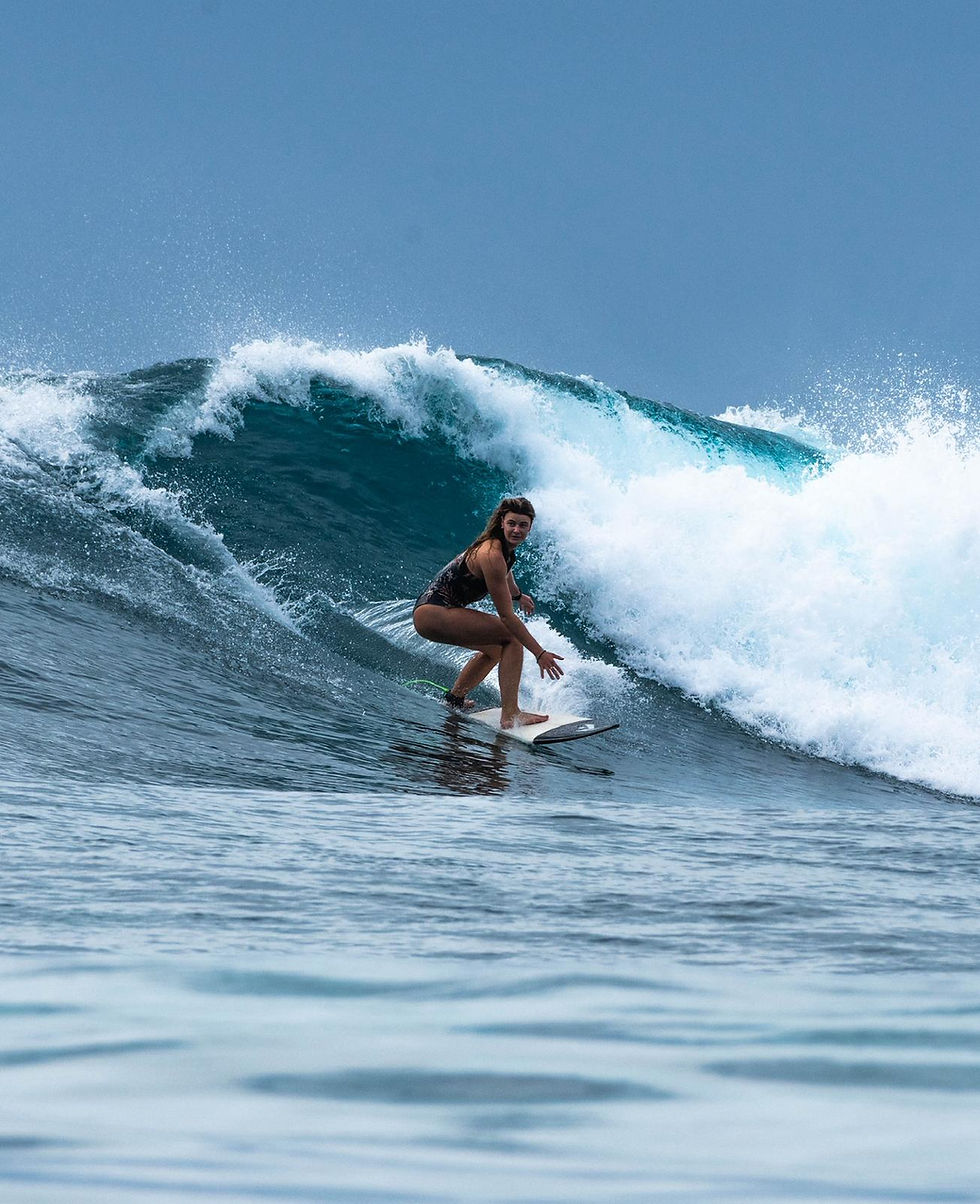Rebuilding Your Mental Health
- rally
- Nov 10, 2021
- 4 min read
Updated: Jan 5, 2022
“There is nothing stronger than a broken woman who has rebuilt herself.” -Hannah Gadsby
Hi! My name is Hannah, I was a UCLA rower for 2 years, which is how I met the lovely creators of the Resilience Rally made in honor of our late teammate and friend Natalie Puente. When they asked for my testimonial, I was honored, but worried that my experience would be discouraging. However, if one athlete can find strength in themselves from any part of my story, then it’s worth the risk.
I was a swimmer in high school, but the UCLA coaches recruited me because they said I had the “perfect body type” to become a great rower. From never having rowed before September 2017, by January I had dropped my erg-splits to marks of girls in the second fastest boat. I was even invited to try out for the US National Team my first year. However, I still to this day have never formally raced in a regatta because I became injured one month before my first season, and left the roster my third year. In one year, I had a total of 3 surgeries including both of my hip joints and my right shoulder to fix 3 labrum tears I’d sustained from overexertion. I intended to rejoin my 4th year after a year of rest, but with COVID-19 and my body’s response to training, I had to accept that I would never compete. However, that doesn’t mean I am not an athlete.
I was diagnosed with chronic depression and anxiety the winter of my last year of high school, but I didn’t start truly getting help until the spring of my second year in college. On top of that, I struggled with deep imposter syndrome and the type of body dysmorphia that seems specific and expected to occur in athletes. For me, it was the type where no clothing ever fit either because my shoulders were too big or my legs too long, no matter how much my 5’3” friends insisted we were the same size. I was always told to love my body because of the opportunities that it gave me, so after I was injured, I struggled to love myself when it stopped doing what it was expected to do; what it was supposed to do.
One day, I went into a regular therapy meeting with a university counselor that I had seen maybe 4 times in the last 6 months. It was the week before winter quarter finals, about 6 months after my first hip surgery, 1 month before my next one, and the beginning of another season I’d miss out on. However, I was cut short, and I was escorted by campus police into the back of a police car, taken to the hospital, and was held for 8 days under an involuntary hospitalization: 5150. There were a multitude of causes at the time for my hold. In the span of 2.5 years, I had gone from “star athlete” to needing 3 surgeries for invisible and undetectable injuries, I had lost my teammate and a personal mentor to suicide, lost a few other family friends to sudden illnesses, my hometown had almost burnt down, I’d come out as pansexual only to be rejected or taken advantage of by my youth group leaders and some members on my team, and I was emotionally and verbally abused in my interpersonal relationships. I was also severely neglecting my pre-existing mental illnesses, which made me struggle to maintain relationships with friends and family. I began to develop unhealthy drinking habits and my self harm increased in severity. There had been many opportunities for someone to step in and prevent my physical or mental health from declining, but I truly believed that as a 19 year old, I deserved this pain and loss for one reason or another.
When I left the hospital and started my partial-hospitalization program, I had the chance to rewire how I talked to myself, how I interpreted the words and actions of others, and got to know who I was aside from athletics. I explored my style and found some clubs where I could focus my energy on passion projects like sexual and mental health advocacy. I found therapists I trusted, I’ve taken my medication regularly for almost 3 years, and have fully healed my relationship with diet and exercise. I still row from time to time because I love it, but I do it for fun instead of because I have a vendetta to prove to myself that I’m still an athlete. That fact will never change, and is not how I measure my worth anymore. Mindfulness and DBT therapy taught me that my body and mind are dependent on each other. I set social boundaries, practiced forgiveness, and learned the importance of asking for help.
Now, I’m a UCLA Graduate with my Bachelor’s of Arts in Latin American Studies and I speak 3 languages; Portuguese, Spanish and English. I’ve been selected to serve with the Northern Colorado AmeriCorps Program where I help a nonprofit address their homelessness crisis.
My hope for the reader is that they begin to believe they are not alone; there is a community for everyone. I also hope the reader learns to relinquish their worries about the “ifs” or “might’s”, and only focus on what you can control. Most importantly, that we all practice treating our mental health as our top priority, or else our physical health will suffer. Remember, you have never been weak, you are always worth it, and you are not alone.










Comments